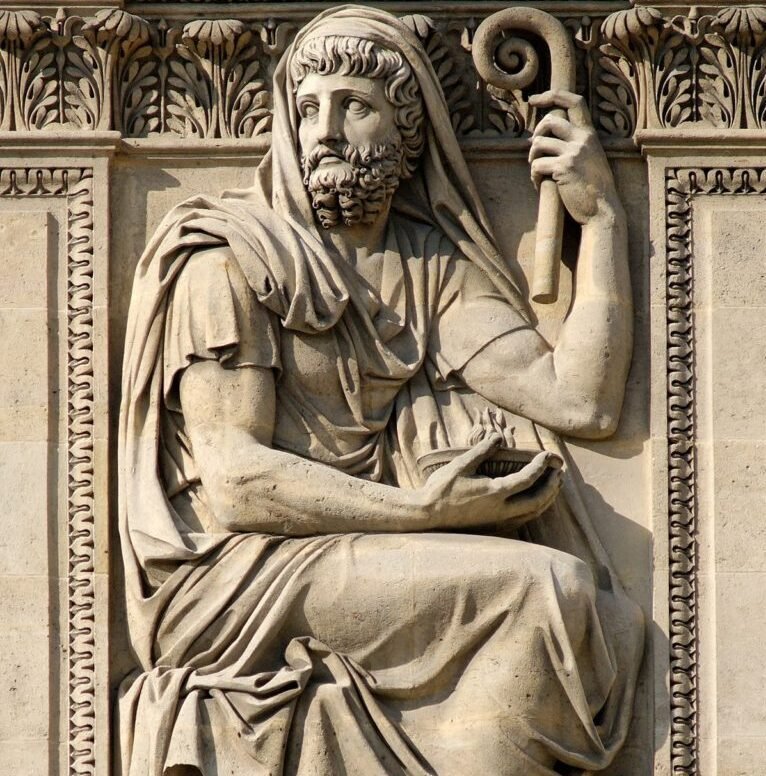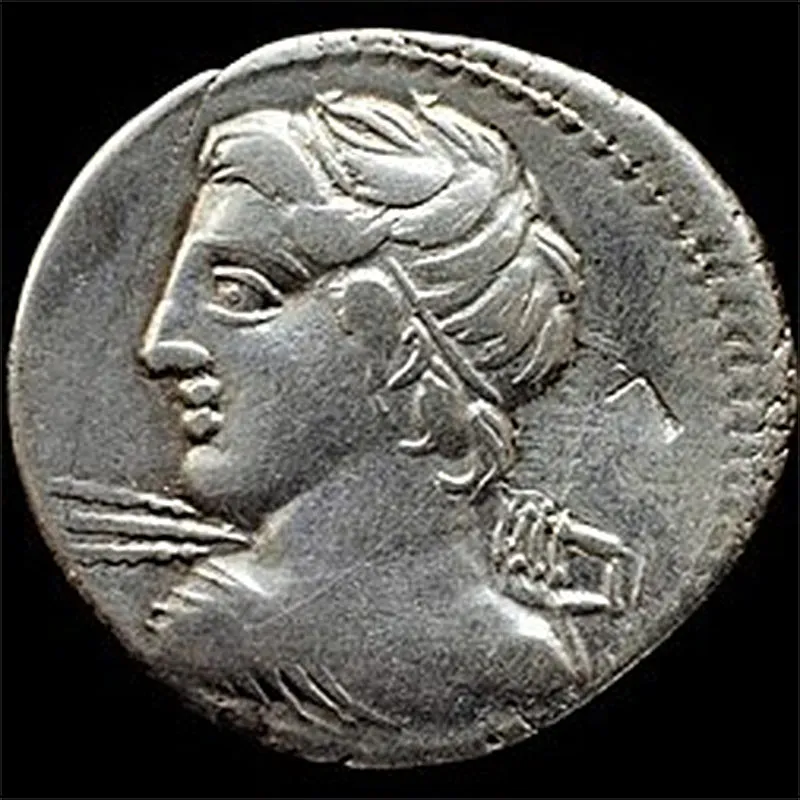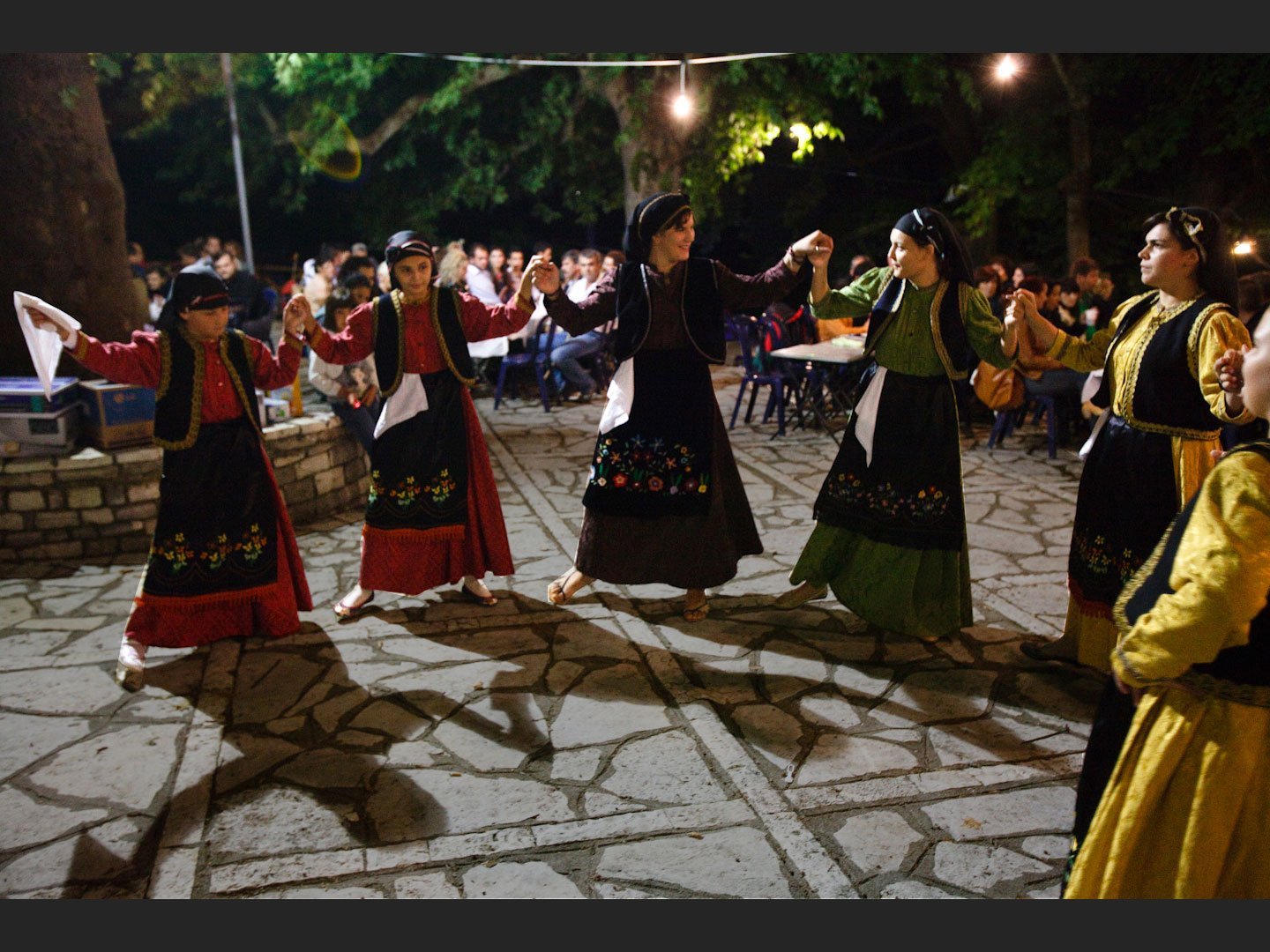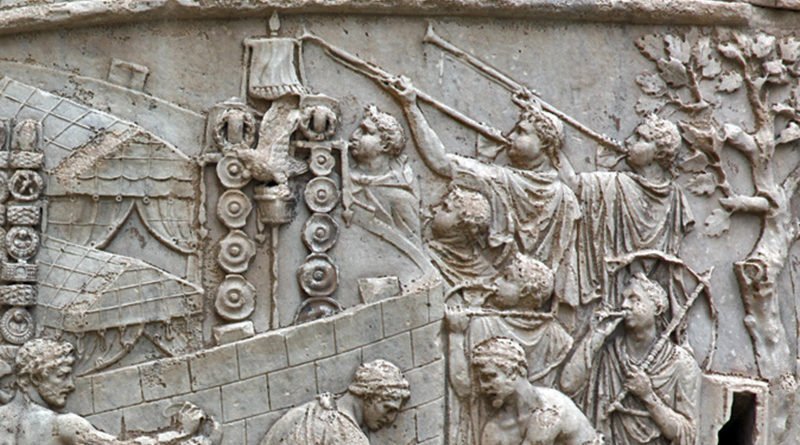Chronos, Kairos and Aion are the three deities of time, events and epic destinies. Here is the multi-religious and multicultural calendar!
Find us on our website Mythology and Legend, on Facebook and on instagram !

The schedule in brief from D-2 to D+5
- 23 June 2024, Every day: Saya
- June 24, 2024: Fors Fortuna
- 24 June 2024, Every day: Jaanipäev
- June 24, 2024: Jonsmessa
- 28 June 2024, Daily: Mnarja
- 30 June 2024, Tous les jours: Alarde de San Marcial
- 30 June 2024, Tous les jours: Chha
The complete interactive calendar
Week of 2024-05-20
| Mymonday | Killtuesday | Wednesdaywednesday | ThuThursday | Frifriday | Satsaturday | Sunsunday |
|---|---|---|---|---|---|---|
May 20, '24May 20, 2024 |
May 21, '24May 21, 2024●●(2 events) AgonaliaMay 21, 2024  On this day, the Romans celebrate an Agonium. Rites of early Rome, there are few sources describing the customs. Four Agonalia take place during a year. #mythology #myth #legend #calendar #9January #21May #17March #11December #agonalia #rome VejovisMay 21, 2024  On this day, the Romans celebrated Vejovis, a god of Etruscan origin. A goat was sacrificed in his Capitol temple to prevent epidemics. There are few sources of early Roman ritual. #mythology #myth #legend #calendar #May 21 #Rome #Vejovis #Capitole | May 22, '24May 22, 2024 |
May 23, '24May 23, 2024●●(2 events) Wallachian DayMay 23, 2024  Today, Vlach Day takes place in Romania. This people, probably of Thracian or Illyrian origin, has been Romanized. This is why they speak a Romance language unlike all neighboring peoples. #mythology #myth #legend #calendar #May 23 1TP5Vlach #romania TubilustiumMay 23, 2024  On this day, the Romans celebrate the Tubilustium. The month of March marked the beginning of the war season. The lustration ceremony accompanied by the sacred trumpets and the Saliens prepared the men and the city for future military campaigns. #mythology #myth #legend #calendar #March 23 #May 23 #rome #tubilustrium | May 24, '24May 24, 2024 | May 25, '24May 25, 2024 | May 26, '24May 26, 2024 |
Multicultural and multi-religious almanac
An almanac is a calendar showing the main dates of the calendar, the religious holidays, bearing ephemerides such as the phases of the moon or the duration of the days (lunar and solar calendars).
A calendar is a system for marking dates according to time. Such a system was invented by men to divide and organize time over long periods. The observation of the periodic phenomena of the environment in which they lived — such as the daily movement of the shadow, the return of the seasons or the lunar cycle — served as the first references for organizing the agricultural, social and religious life of societies.
The calendar used today in most of the world is the Gregorian calendar. In everyday language, an ephemeris designates what happens daily; the ephemeris of the day is the list of the significant events of this day.